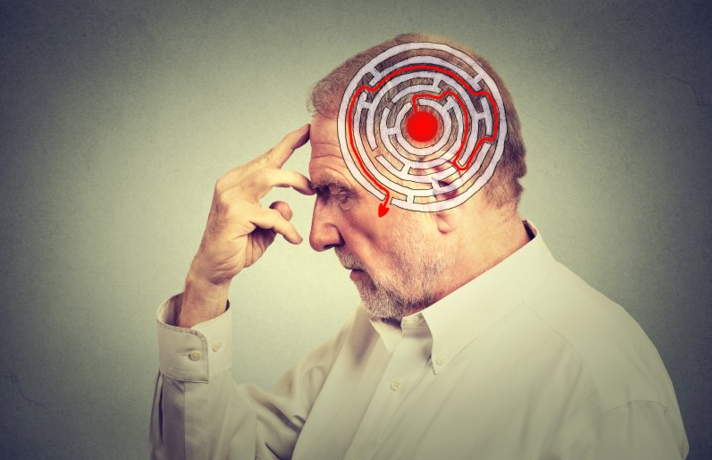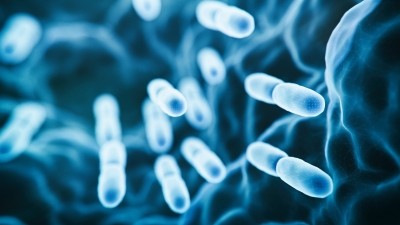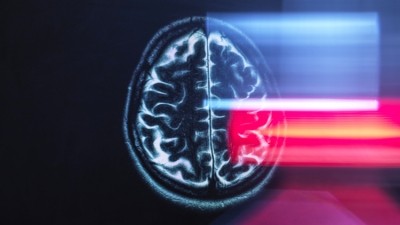Daily supplementation with high-dose probiotics relieves depressive symptoms, according to scientists

Results from a randomised, double-blind study demonstrate that add-on treatment with a multi-strain probiotic can improve depressive symptoms and stimulate changes to the microbiome-gut-brain (MGB) axis, which link the gut microbiome with certain neurobiological pathways.
Findings indicate that probiotics can potentially “halt the decay of the bacterial community” which can lead to depression, the authors write.
“Our data imply that an add-on probiotic treatment ameliorates depressive symptoms (HAM-D) along with changes in the gut microbiota and brain, which highlights the role of the MGB axis in MDD and emphasises the potential of microbiota-related treatment approaches as accessible, pragmatic, and non-stigmatising therapies in MDD.”
Demand for novel treatment
MDD is a common psychiatric disorder, but current antidepressant treatment is unsatisfactory and responses to treatment are inadequate in two-thirds of patients, according to researchers.
“Up to 30% of treatment-resistant patients experience residual symptoms when receiving optimised treatments. The development of novel and more efficient treatment approaches is therefore urgently needed.”
Pre-clinical data indicate that gut microbiota affect brain function and depressive behaviour and this clear association provides “a promising novel target for the treatment of depression”, the authors say.
One recent meta-analysis identified improvements in mild to moderate depression among patients with several illnesses and another noted a reduction in the symptoms of patients treated with probiotics alongside antidepressants.
Study protocol
Researchers analysed the effects of short-term, high-dose probiotic supplementation as an add-on treatment for depression for a period of 31 days.
The eight-strain probiotic was supplied by ExeGi Pharma and contained 900 billion live bacteria per dose. The supplement is sold under the brand name Visbiome in the US and Vivomixx in Europe.
Patients with current depressive episodes were recruited from in-patient clinics at University Psychiatric Clinics in Basel, Switzerland. Eligibility was determined using the Hamilton Rating Scale for Depression (HAM-D).
Participants were randomly assigned to the intervention or placebo study group and tested at three different time points before, directly after and four weeks after treatment.
Physiological changes
Depressive symptoms decreased in the probiotic group, compared with the placebo. Researchers observed a remission rate of 55% in this group and 40% remission rate in the placebo.
In addition, results revealed positive changes in the gut microbiota and brain, including an increase in Lactobacillus bacteria (associated with decreased depression).
Researchers postulate that the antidepressant effect of the probiotics could be related to the abundance increase of these species, which is congruent with previous reports.
“The potential of species of the Lactobacillus genus as add-on therapy has been demonstrated in different works by its capacity to enhance the integrity of the intestinal barrier, improve immune tolerance, reduce the bacteria translocation and bring beneficial effects on anxiety and depression-related behaviours.”
Meanwhile, brain imaging showed decreased neural activity in the putamen, a region involved in emotional processing and associated with depression, following probiotic supplementation.
Conclusion
Study data demonstrates the positive effect of add-on probiotic treatment on depressive symptoms, although this was only significant in a sub-sample with high compliance, the authors write.
They maintain this illustrates the importance of compliance during probiotic supplementation, which is “as important as in general antidepressant therapy.”
The authors point out that the sample size was relatively small and therefore large-scale studies are required to replicate and validate their findings.
Source: Nature
Published online: doi.org/10.1038/s41398-022-01977-z
‘Clinical, gut microbial and neural effects of a probiotic add-on therapy in depressed patients: a randomized controlled trial’
Anna-Chiara Schaub et al.















